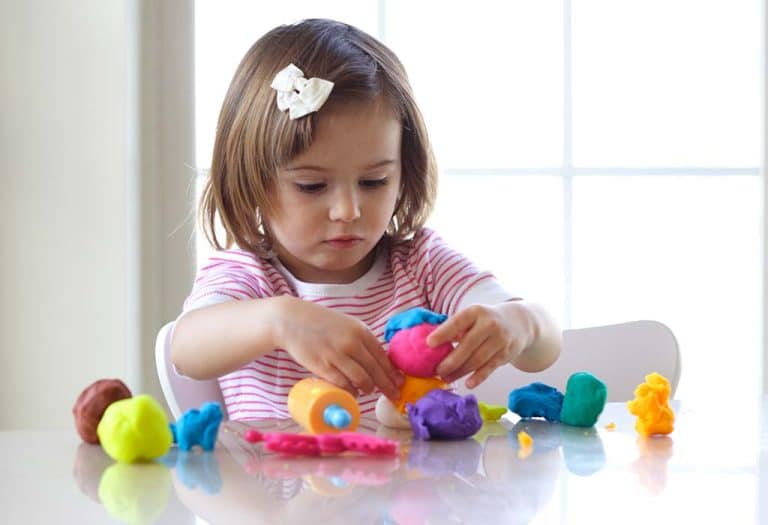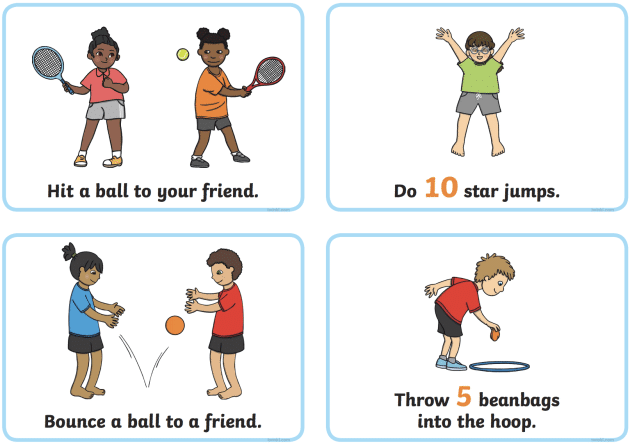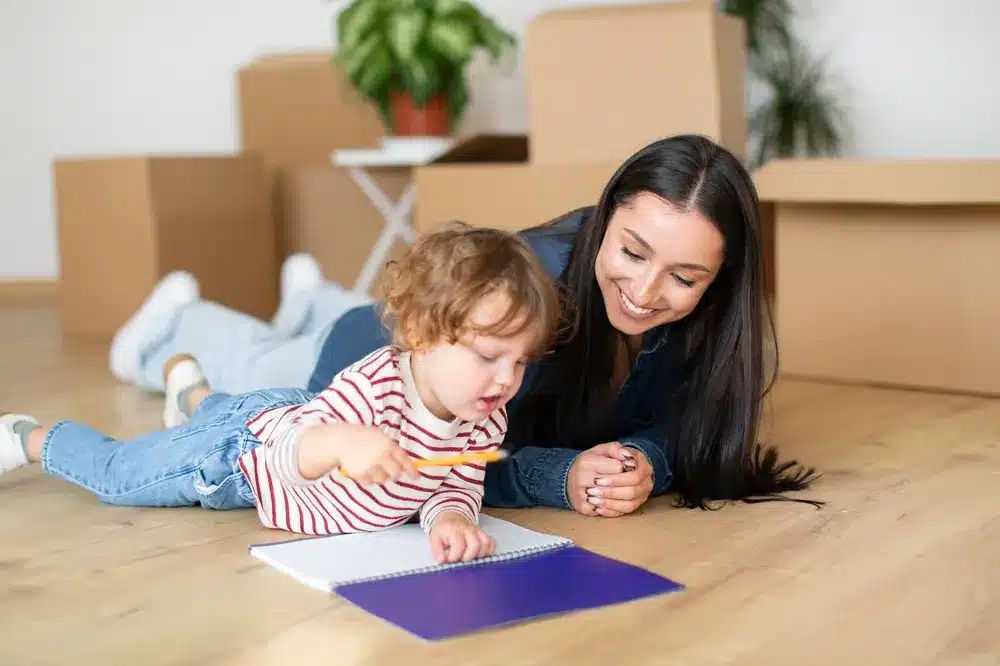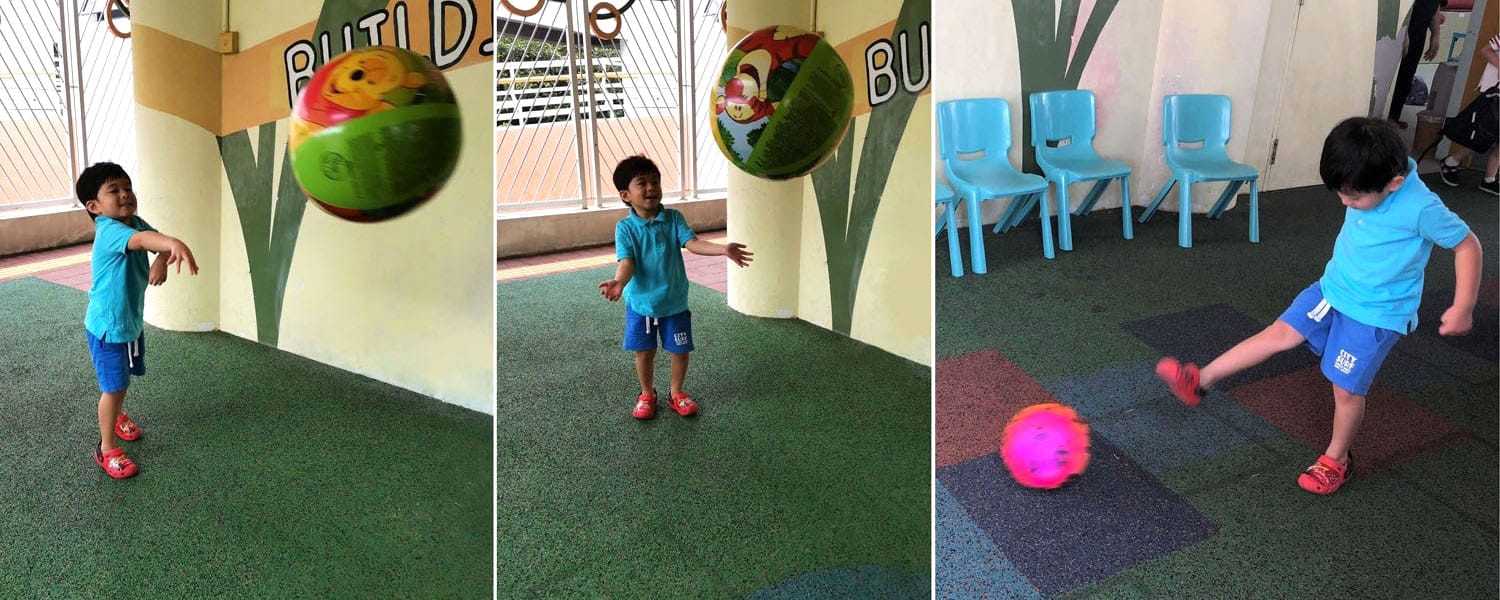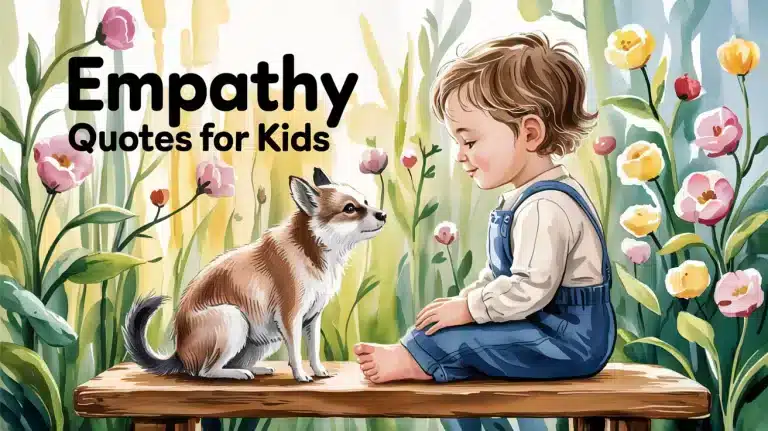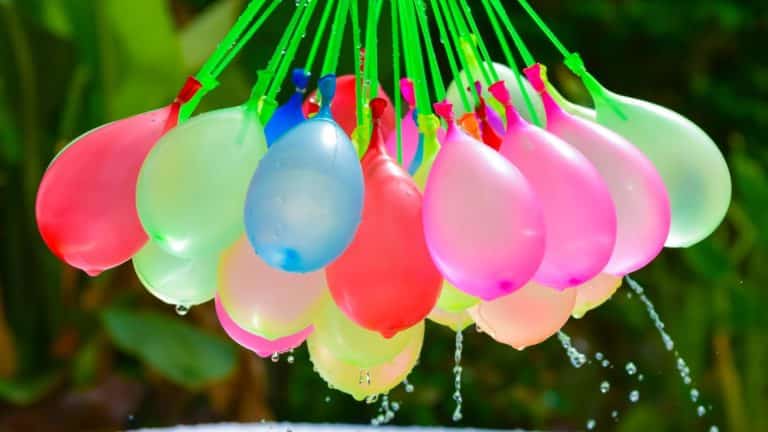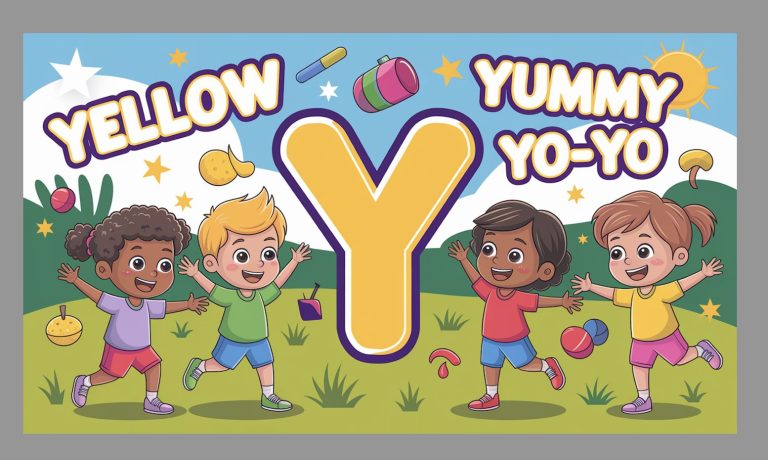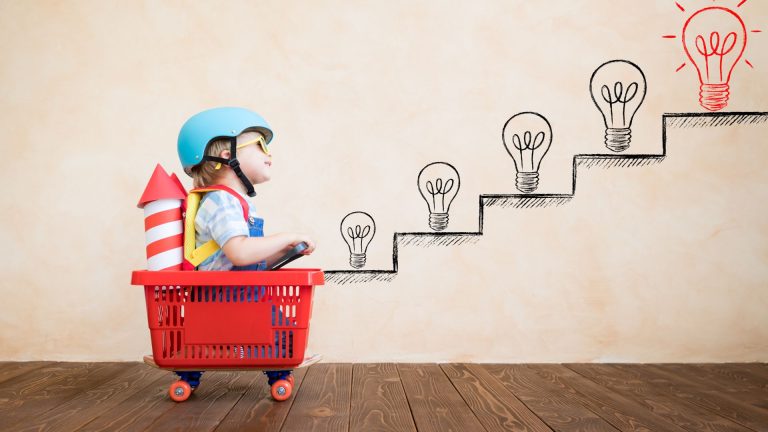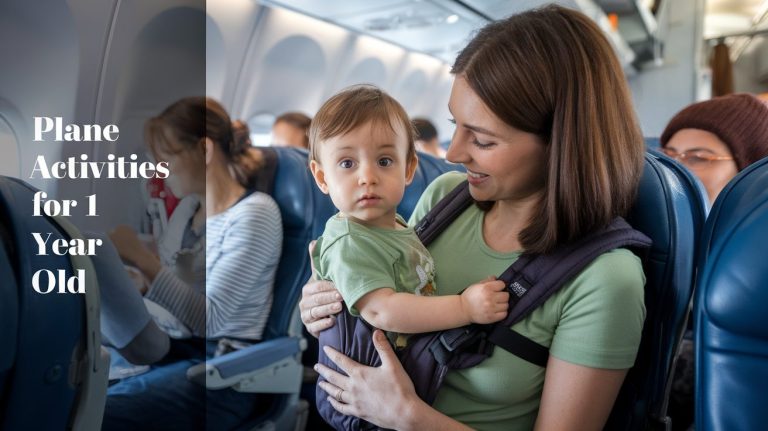cIn today’s world, where technology is everywhere and screens have become an inevitable part of our lives, it’s easy to forget how crucial physical play is.
But play isn’t just a pastime; It’s an essential part of a child’s overall development.
It helps them develop cognitive, social, emotional, and physical skills.
One of the most important of these skills is motor skills. They are essential for a child to do everyday tasks and to engage in various activities.
In this article, we’ll explore why improving motor skills in children is important and how it adds to their overall well-being.
What are Motor Skills?
Before we get into the importance of play in improving motor skills, it’s important to understand what motor skills are. Motor Skills are classified into two groups: fine motor skills and gross motor skills:
- Fine Motor Skills: These skills include the coordination of small muscles in the hands and fingers that are crucial for activities like writing, tying shoelaces, buttoning shirts, etc.
- Gross Motor Skills: These skills include coordinating larger muscles for body games like playing sports, running, jumping, etc.
The abovementioned skills are important for kids as they help them be physically active while performing activities.
These skills are much needed to improve and promote a child’s development.
Importance of Motor Skills in Childhood Development
Motor skills development in early childhood lays the foundation for a child’s future. Here are some of the main reasons as to why upgrading motor skills is important:
- Social interaction: Many of the play activities involve cooperation and communication. Physical play promotes social skills as children learn to share, divide and conquer, and work together for a common purpose. These interactions promote and integrate emotional intelligence.
- Emotional Well-being: Physical play has been found to improve mood and reduce stress in children. This allows children to release pent-up energy and emotions, which promotes emotional well-being. Learning new physical skills also increases a child’s confidence and self-esteem.
- Cognitive Development: Motor Skills are highly interconnected to a child’s cognitive development. For example, a child’s fine motor skills help them hold a pen and write. These skills are important for academic achievement. Gross motor skills improve a child’s overall coordination, developing their problem-solving skills.
- Academic Readiness: Fine motor skills like hand-eye coordination and finger dexterity directly affect a child’s ability to do tasks important for school and academics, like holding a pen, cutting with scissors, and operating a computer or tablet.
- Health and Activeness: Gross motor skills development is closely linked to physical activities. Children actively involved in body games like sports and playing any game are more likely to stay fit and healthy and develop stronger body muscles and bones.
Enhancing Motor Skills through Play
Now that we know the importance of motor skills let’s explore how play can be a potential tool to enhance the motor skills that are much needed for a child’s overall development at an early stage:
- Outdoor Play: Playing outdoor games is one of the best ways to enhance gross motor skills as it involves physical activity. Running, jumping, climbing, and playing sports involve coordination and balance, which helps children fine-tune their gross motor skills through body games. Playgrounds equipped with swings, slides, and climbing structures allow children to explore activities that test their physical abilities.
- Artistic and Creative Play: Activities like drawing, coloring, crafting, and cutting are perfect for enhancing fine motor skills as they involve the careful coordination of eyes and hands. The control of hands and the careful observation of eyes can make children explore fun ways to express their creative minds, pushing them to express their thoughts and ideas.
- Mind Play and Problem-solving: Mind games like building blocks and organizing puzzle pieces into the right form and games promote enhancement of both Fine and Gross motor skills as these activities need good and careful functioning of both hands and eyes. With the right use of hands and eyes, children can make use of their brains at their best. Additionally, solving puzzles can increase a child’s cognitive abilities and promote problem-solving, which children must learn at the early stages of childhood.
- Sensory Play: Sensory games stimulate a child’s senses, like touch, hearing, and sight. Examples of such games include playing with sand, using clay to craft things, etc. These activities enhance the child’s fine motor skills as they learn to experience and feel new and different textures that make them put out their creativity in a fun way. Such activities also push children to explore their imagination of doing things that give them self-confidence.
- Team Sports: Team sports promote physical fitness and enhance gross motor skills. Body games like basketball, football, badminton, etc., involve running, jumping, and coordinating with others to win the game, which directly contributes to the child’s overall development in terms of physical activities. Playing in teams further encourages children to have a sense of social responsibility that develops social skills of coordination and communicating with their friends and teammates effectively.
Conclusion
Physical play is the best way to enhance the motor skills in children at early stages.
These activities enable children to use their body parts in the best possible manner to coordinate any activity carefully.
Whether it’s playing outdoors or indoors, parents and educators should encourage children to participate in their best version.
This helps children develop a sense of responsibility and self-confidence that is very important for their overall development at early stages of growth.
By understanding the value of motor skills and using play to improve them, we can help children reach their full potential and lead confidently.

